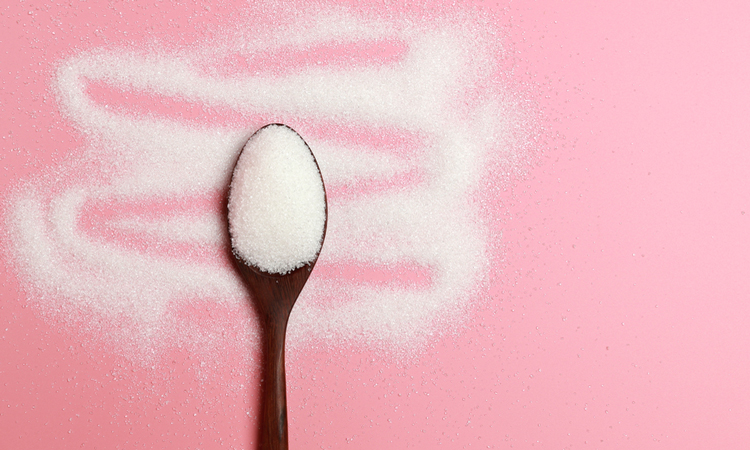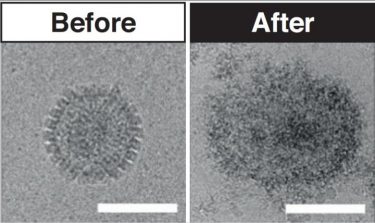Novel antiviral material made from sugar developed by researchers
Posted: 31 January 2020 | Victoria Rees (Drug Target Review) | No comments yet
Modified sugar molecules have been developed by researchers as antiviral materials which are non-toxic to humans, according to a new study.

New research has demonstrated the possibility of novel antiviral materials made from sugar which can destroy viruses on contact and may help in the fight against viral outbreaks.
The researchers successfully engineered new modified molecules using natural glucose derivatives”
The researchers in the collaborative study, from the University of Manchester, UK, University of Geneva (UNIGE) and the École Polytechnique Fédérale de Lausanne (EPFL), both Switzerland, say their findings show promise for the treatment of herpes simplex, respiratory syncytial virus, hepatitis C, HIV and Zika virus.
‘Virucidal’ substances, such as bleach, are capable of destroying viruses on contact but are extremely toxic to humans. Developing virucides from sugar has allowed for the advent of a new type of antiviral drug, which destroys viruses while being non-toxic to humans.
Using modified sugar molecules, the team showed that the outer shell of a virus in mice can be disrupted, destroying the infectious particles on contact, rather than only restricting its growth. This new approach has also been shown to defend against drug resistance.
The researchers successfully engineered new modified molecules using natural glucose derivatives, known as cyclodextrins. The molecules attract viruses before breaking them down on contact, destroying the virus and fighting the infection.

Virucide treatment before and after (credit: the University of Manchester).
“We have successfully engineered a new molecule, which is a modified sugar that shows broad-spectrum antiviral properties. The antiviral mechanism is virucidal, meaning that viruses struggle to develop resistance. As this is a new type of antiviral and one of the first to ever show broad-spectrum efficacy, it has potential to be a game changer in treating viral infections,” said co-lead researcher Dr Samuel Jones from the University of Manchester.
Co-senior author of the study, Professor Caroline Tapparel from the University of Geneva, said: “We developed a powerful molecule able to work against very different viruses, therefore, we think this could be game changing also for emerging infections.”
The molecule is patented and a spin-out company is being established to continue pushing this new antiviral towards real-world use. The researchers say this new material can work to break down multiple viruses making for cost-effective new treatments even for resistant viruses.
The findings were published in Science Advances.
Related topics
Molecular Targets, Research & Development, Target Molecule, Targets, Therapeutics, Toxicology
Related organisations
Ecole Polytechnique Fédérale De Lausanne (EPFL), University of Geneva (UNIGE), University of Manchester
Related people
Dr Samuel Jones, Professor Caroline Tapparel






